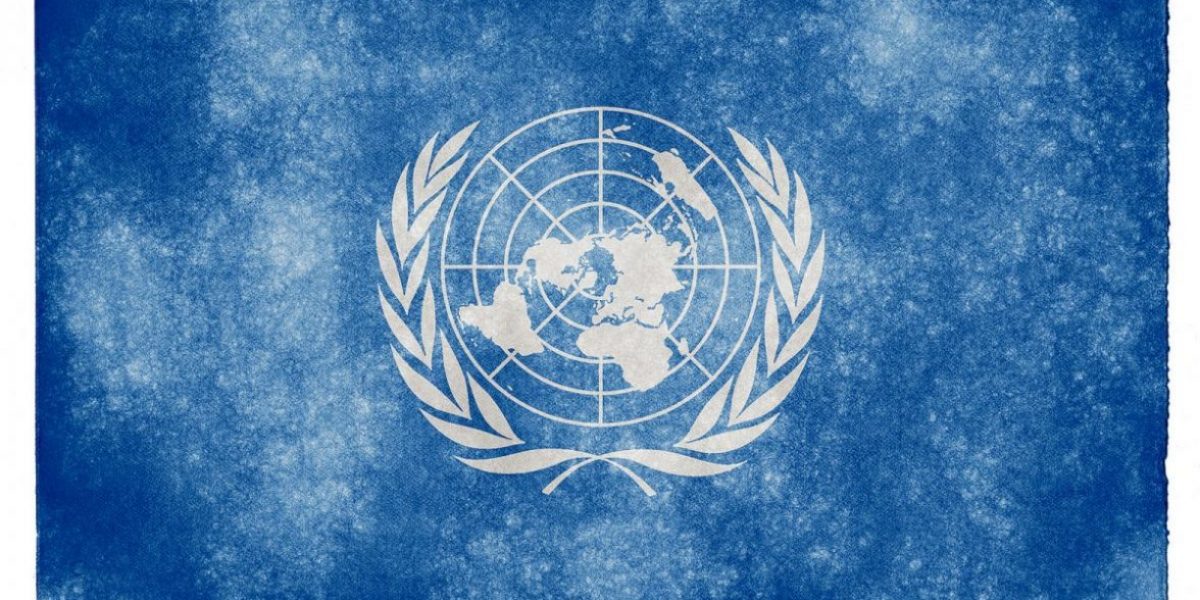In the UN’s peace operations in Africa, India has been an active partner since its peacekeeping mission in the Congo in 1960. In this paper, all references to ‘the Congo’ denote the Democratic Republic of Congo (formerly Zaire), and not the Republic of Congo (or Congo–Brazzaville).
This paper explores India’s peacekeeping efforts in Africa over the last five decades. It analyses the reasons for India’s engagement in African peace missions, and finds that different motives and incentives appear to be driving India’s peacekeeping. Some of these can be explained along Cold War fault lines.
A chronological account of India’s peacekeeping actions in Africa illustrates that country’s commitment to securing peace, the depth of involvement, the fatalities bravely borne and the hardships endured. Even more important, the record shows that India continues to use the experience that has been gained to refine its approach to peacekeeping.
In conclusion, the paper offers a forecast of what form India’s commitments to Africa’s peacekeeping requirements are likely to take in the future. India may well develop criteria that require a greater return on investment than has been the case over the last half-century. A more tempered approach – particularly in view of India’s global aspirations – seems likely.








